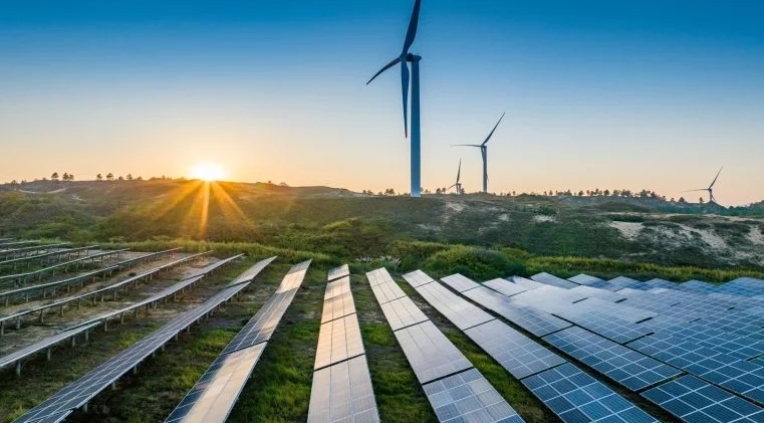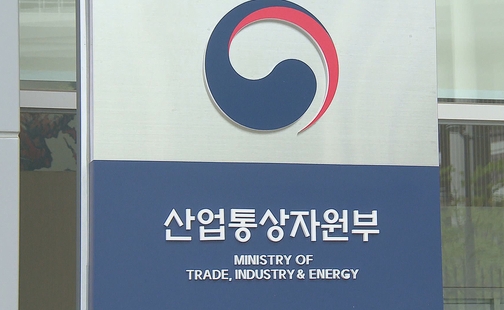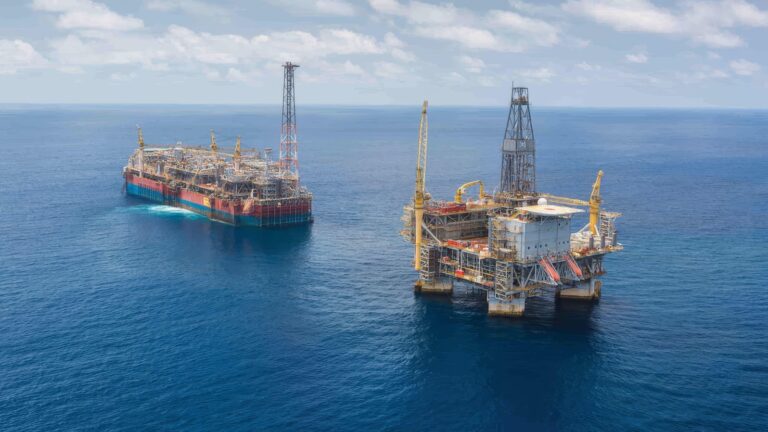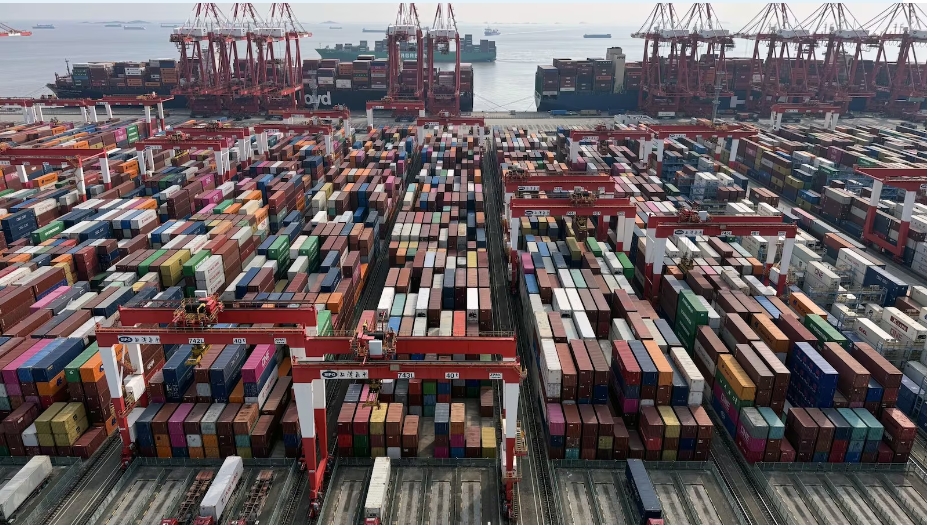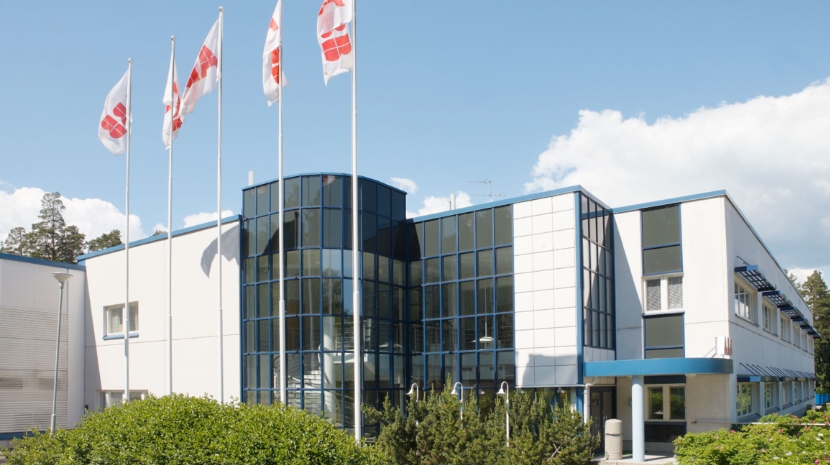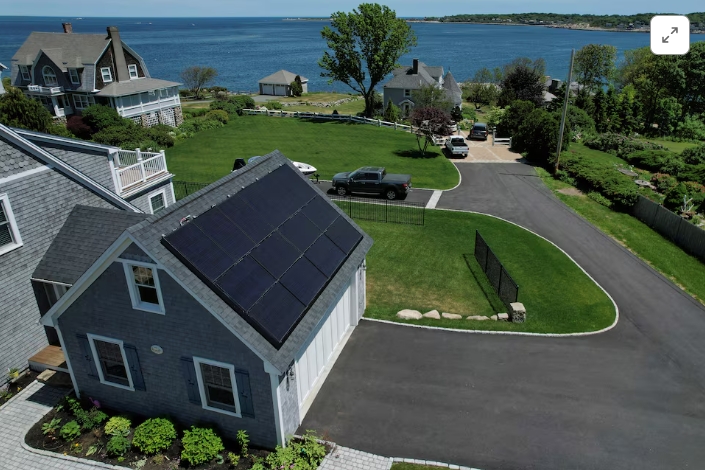The Center for Energy, Ecology, and Development (CEED) noted the Philippines followed Vietnam with 29.9GW either in pre-construction and construction stages.
Of the total 29.9GW, 14.1GW were accounted for by Philippines conglomerate San Miguel Corporation.
“The emerging LNG market in SEA is hampered by several uncertainties such as the unaffordability of LNG and fuel supply insecurity,” Sam Reynolds, Energy Finance Analyst of the Institute for Energy Economics and Financial Analysis (IEEFA) said.
“A strong economic case against LNG has been illustrated by two projects in the Philippines that have been deferred to next year and must serve as a warning to investors of the possible stranded risks due to the volatility of the global market."
The CEED report tracked activities of developers and financial institutions across the region.
It also raised that the continued investment of developed countries in gas expansion hinders the region’s energy transition.
“This latest report illustrates the grim portrait of just how chain-locked SEA is to more fossil fuels and how G20 countries co-opted this with Japan responsible for a lion’s share of these investments having three of the biggest financiers across the region,” CEED Deputy Executive Director Avril de Torres said.
“The rich, polluting countries are the cause behind SEA’s climate transition handicap and rising electricity prices across the region.
